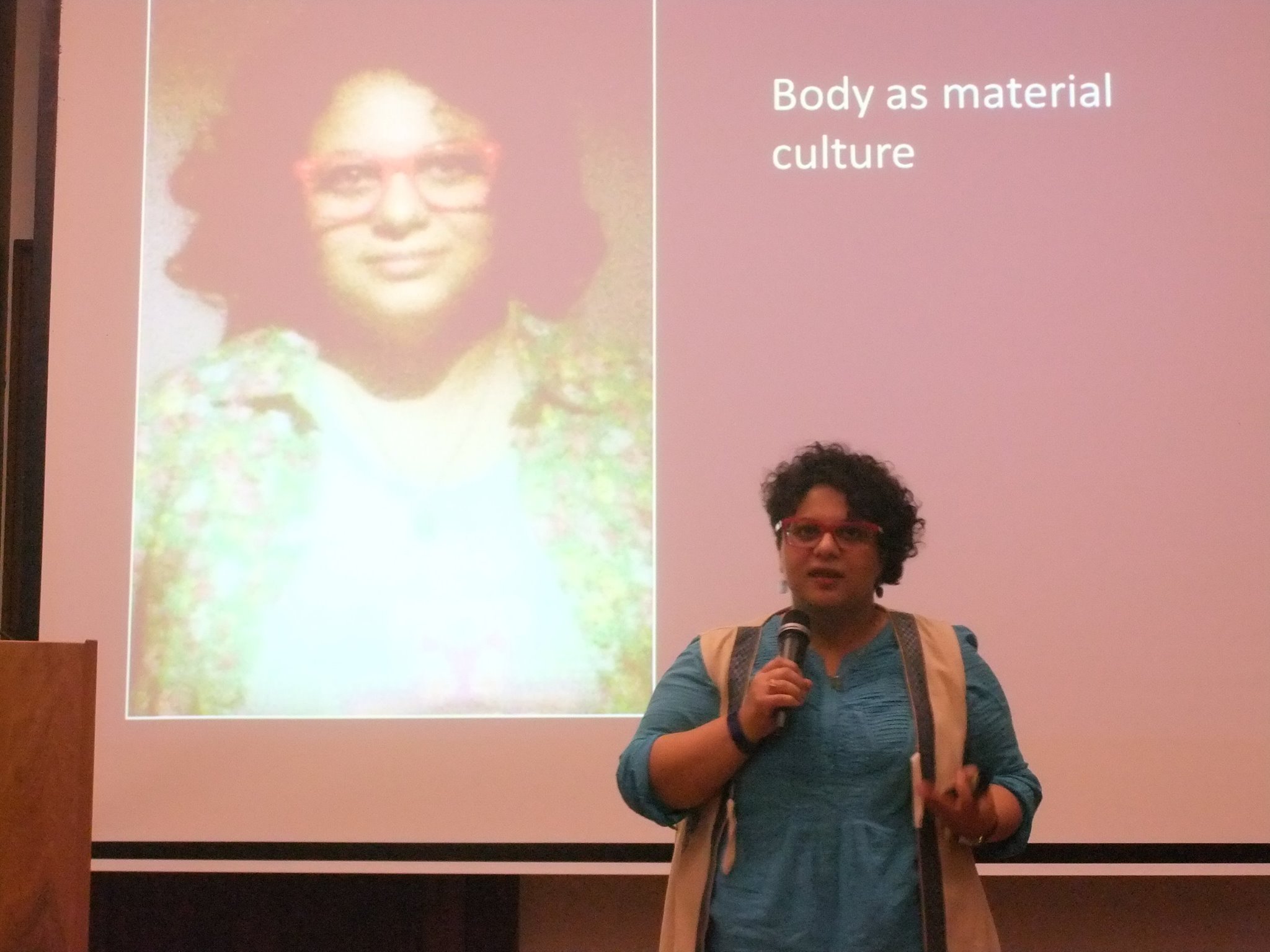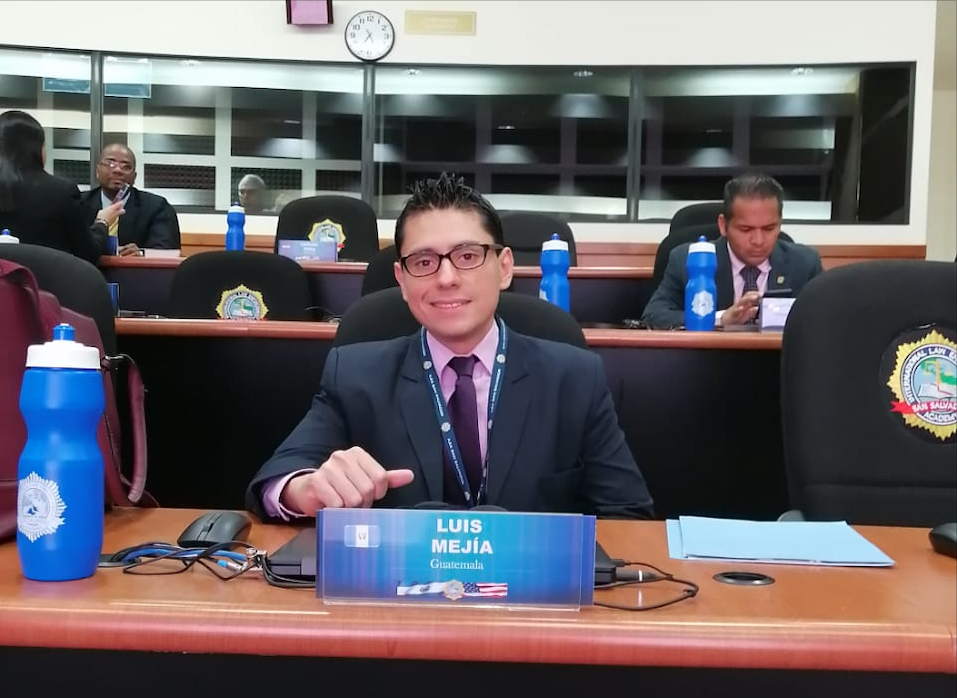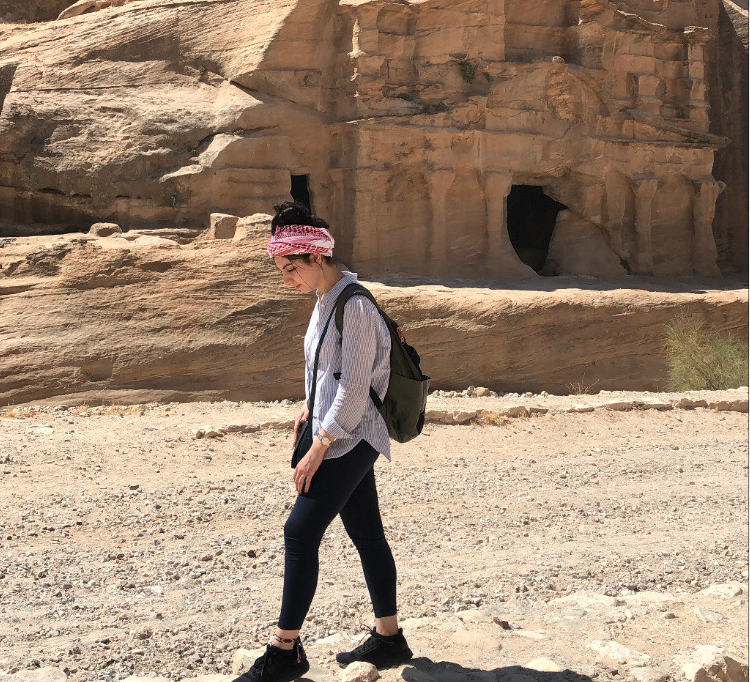Study abroad made more accessible: NaTakallam’s partnership with Teens of Color Abroad
The pandemic transformed our world in a multitude of ways. One of COVID-19’s more positive aspects was the unprecedented access to digital education; from shifting classrooms towards e-learning, to gaining human connection via virtual exchanges. This digital transformation set the scene for an out-of-the-box idea – a virtual study abroad opportunity!
As classrooms went virtual, so did one brilliant organization: Teens of Color Abroad (TOCA). Its founder, Lamar Shambley, launched the award-winning non-profit organization in 2018 in order to provide global language-learning and cultural exchange opportunities for high school students of color in the U.S. With its in-person educational programs – now virtually available, too – TOCA aims to confront the racial disparities that prevail in language-learning and studying abroad. By addressing the underrepresentation of African-American students in study abroad programs, TOCA creates pathways for high school students to become involved in international study. TOCA cultivates the next generation of globally-conscious youth of color with full language immersion study abroad experiences.
Shambley was inspired to start a program of his own based on his educational background and personal experience, as well as those of his students, having taught Spanish for eight years to high schoolers in New York. Despite having maintained straight A’s in his Spanish courses, he neither had a passport, nor was able to afford to study in a different country. Shambley relied on meeting virtual friends in chat rooms as a means to practice his conversational Spanish. It wasn’t until college that he finally received support from an academic advisor, who saw his passion and potential. Shambley shared that, “it took one educator to knock down the barriers that had precluded [him] from accessing international opportunities.” He further explained that thanks to the financial aid offered, he was able to secure his first passport and the chance to travel to the Dominican Republic. It was from this experience that Shambley learned he wanted to do the same for other students like himself.
Back in 2020, as TOCA was preparing to send its first group of students to Spain for a summer program, the pandemic broke out, turning the whole world upside down. Shambley recalled how they “were forced to think outside of the box” amidst the lockdowns and travel restrictions, while staying true to their mission. That was when they joined forces with NaTakallam, along with the support of our long-standing partner, Qatar Foundation International, to create TOCA Online.
Since its launch, the program has enabled nearly 300 students from 30 states across the U.S. to enroll in the virtual language learning and cultural exchange program, which now included Arabic, Spanish and French, with fully-funded scholarships thanks to Qatar Foundation International. As part of the immersion, TOCA has hosted virtual cooking classes with NaTakallam language partners, where students were introduced to dishes from around the world, and Fresh Fridays – hosted on Twitch – where a DJ showcased songs from different countries, “leading listeners on a musical journey across borders.”
When asked about his proudest moments so far, Shambley recalled how he was contacted by a parent to share that her “daughter [had] begun studying languages in college after her TOCA Online experience”. He illustrated that through writing recommendation letters, TOCA Online has led to some of its students to be accepted into their dream colleges and universities. In fact, data from the initiative’s pre- and post-program services show that by the end of the program, 96% of students “show interest in learning more about the way of life in different countries,” and 98% are “keen to explore other cultures’ traditions.”
This summer, TOCA was thrilled to host its very first in-person language immersion program in Spain. The students engaged in over 30 hours of small group language trainings and participated in culturally immersive activities, such as the experience of a homestay with a local family. The school in which TOCA students studied, was the same one Shambley attended during his time abroad in college! This full-circle moment was particularly special to Shambley.
TOCA and NaTakallam’s ongoing partnership is a unique one. While one addresses equitable opportunities for students of color, the other provides employment opportunities for refugees and displaced persons in the language sector. Both organizations illustrate the power that language and conversation have; to form deeper human connections which transcend borders in spite of any circumstances. Furthermore, both TOCA and NaTakallam combat stereotypes and change the limited narratives surrounding marginalized communities.
As the post-pandemic world resumes and classrooms return to in-person modes of instruction, TOCA and NaTakallam continue to find even more creative ways to make language-learning more accessible and impactful than ever.
Are you a globally-minded U.S. high school student of color interested in learning Spanish, French, or Arabic? We invite you to apply to TOCA Online! Keep a close eye on application and scholarship deadlines.
If you are an educator, please help us to widely spread the word.
Stay in the loop by following TOCA on Instagram, Facebook, Twitter and TikTok.
Study abroad made more accessible: NaTakallam’s partnership with Teens of Color Abroad Read More »
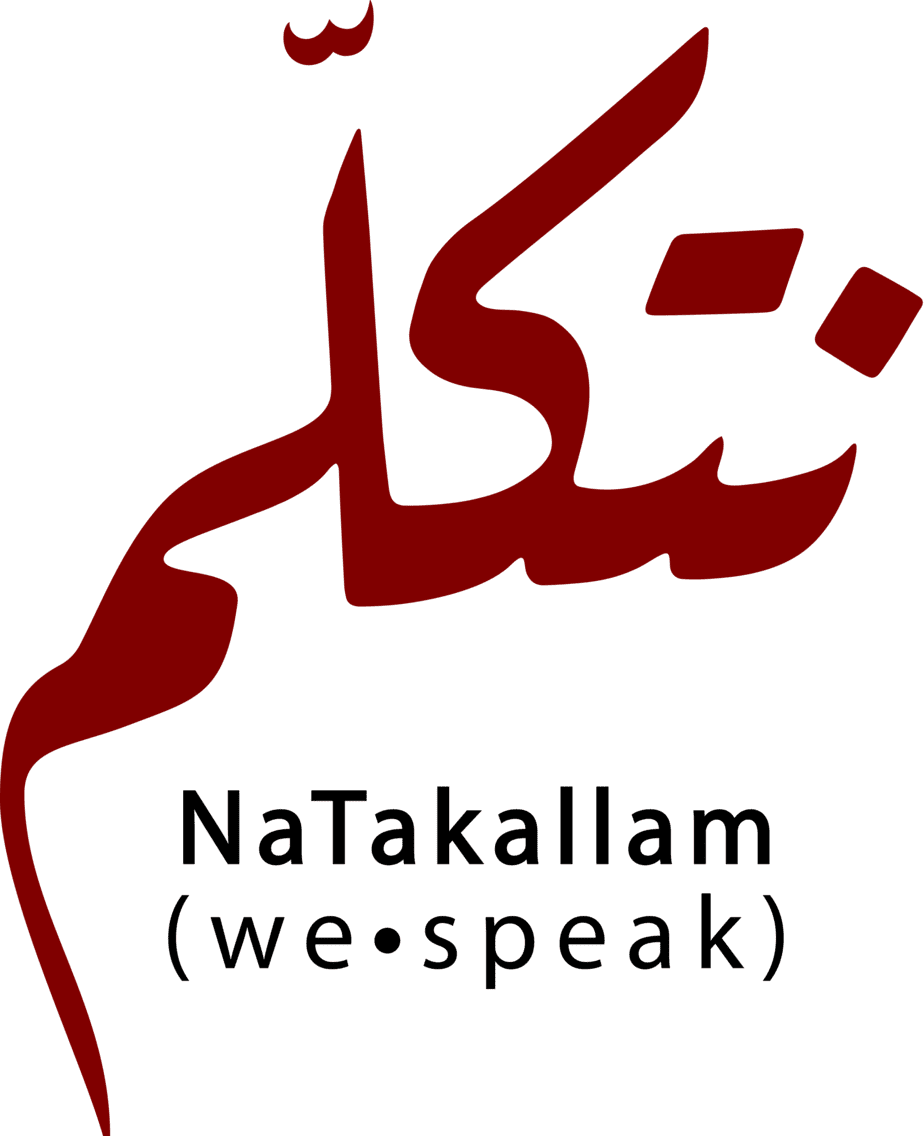


 Meet Saeed, from Syria.
Meet Saeed, from Syria. Meet Leila, from Iran.
Meet Leila, from Iran. Meet Sayed, from Afghanistan.
Meet Sayed, from Afghanistan. Meet Yaroslavna, from Ukraine.
Meet Yaroslavna, from Ukraine. Meet Ghaith, from Syria.
Meet Ghaith, from Syria.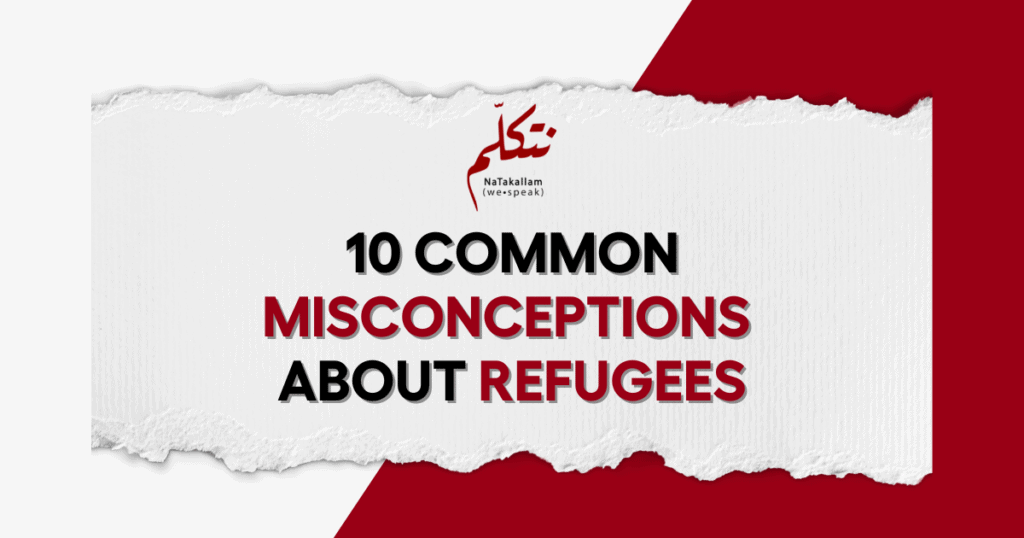

















 4.
4.  5.
5.  6.
6. 

